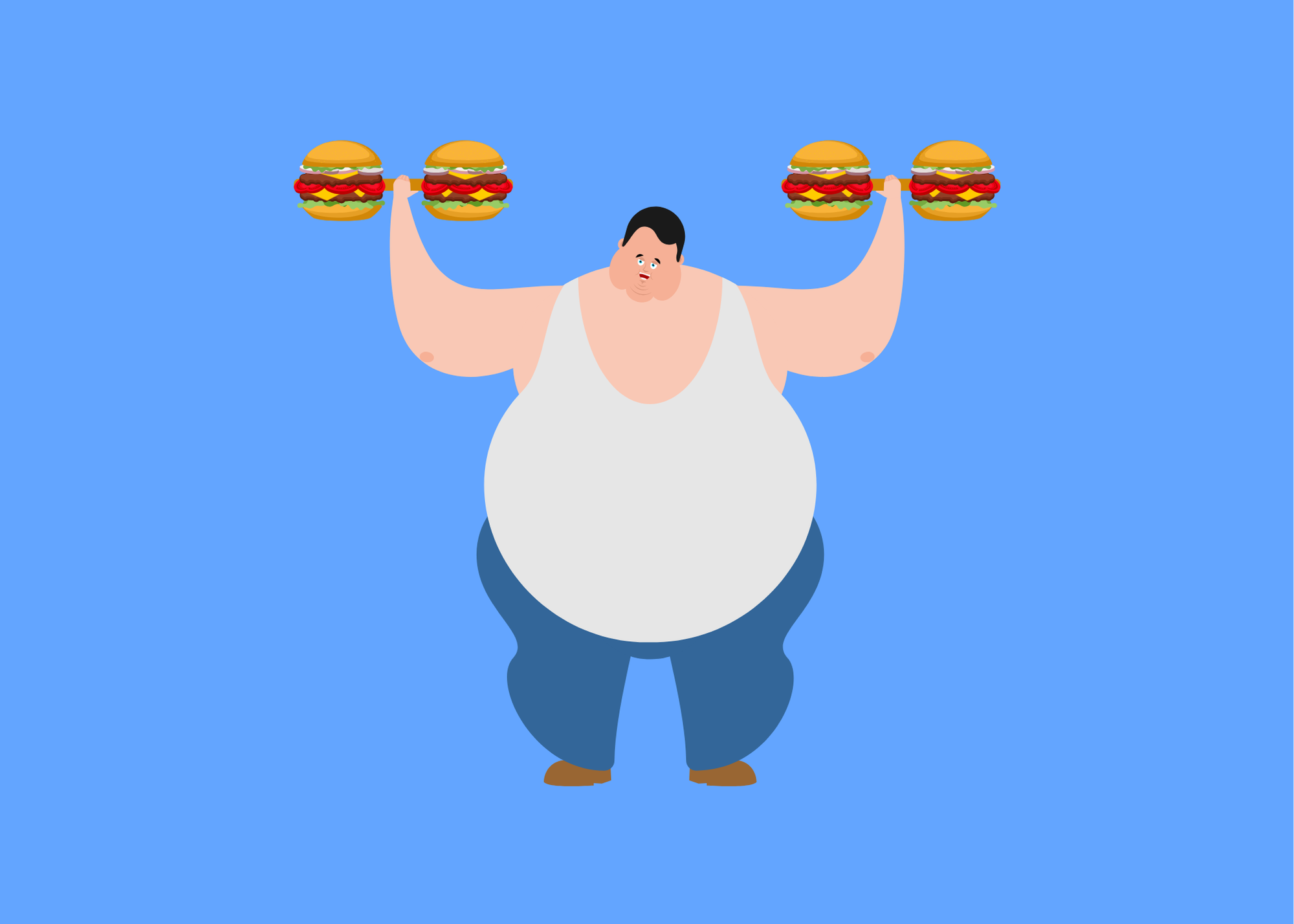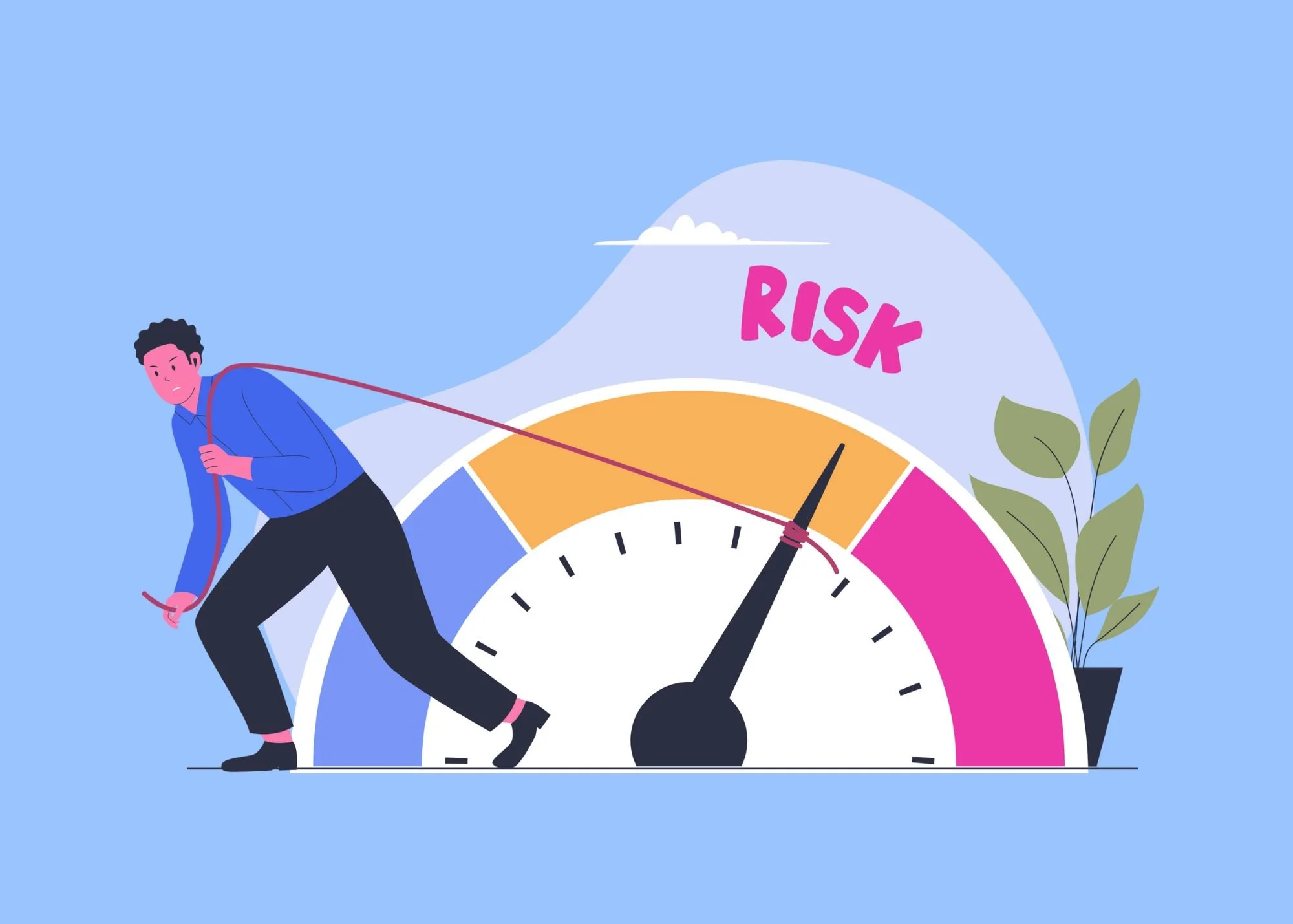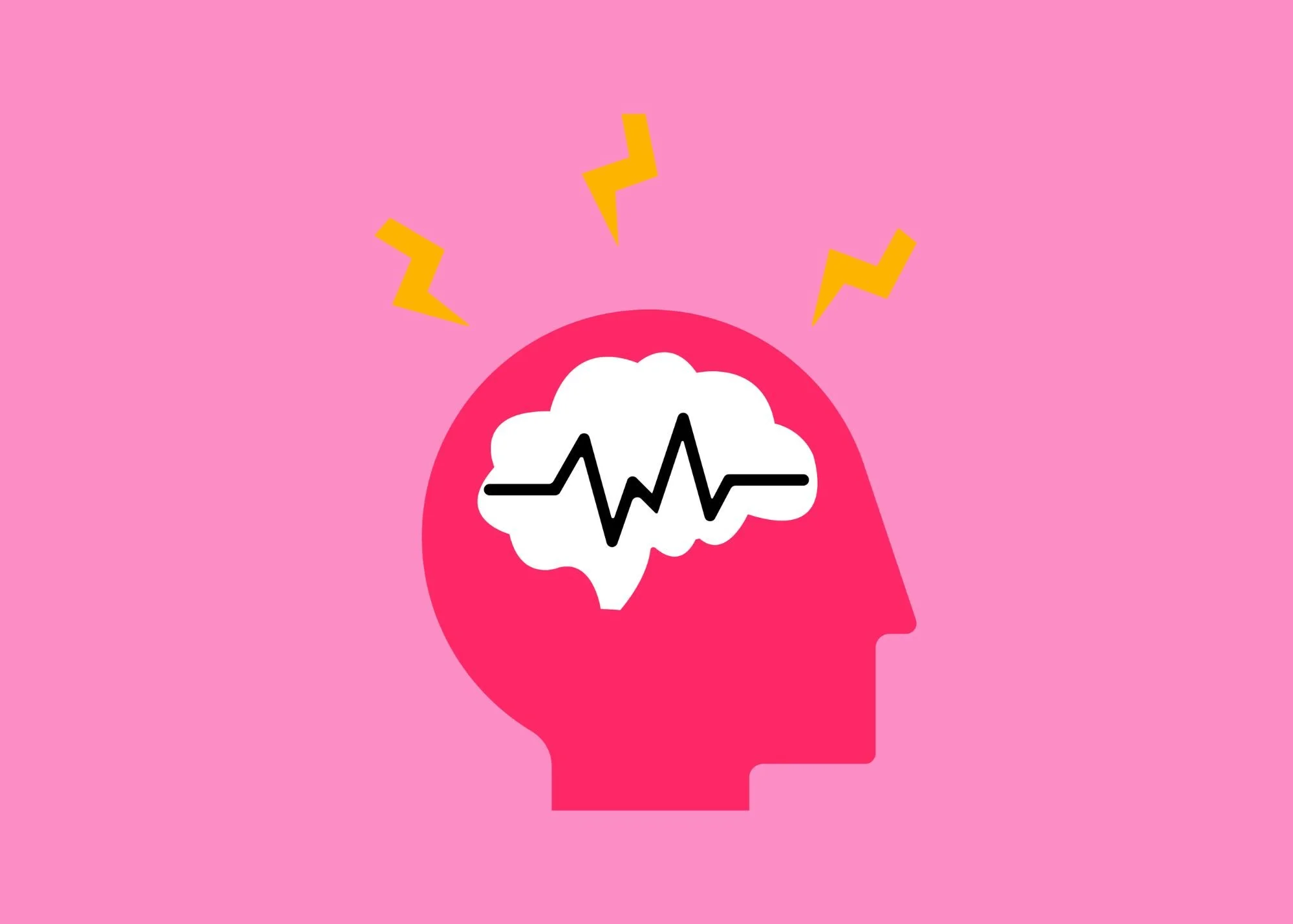Lifelong Learning: Commit to Continuous Education for Personal Growth and Deep Health
It’s a power move for reclaiming your health, your spark, and your edge.
If you’re a high-achiever battling chronic stress, burnout, or a creeping sense of "is this really it?"—lifelong learning is a non-negotiable. In today’s career landscape, where your inbox fills faster than your coffee cup and your schedule is tighter than your hamstrings, learning might feel like one more thing on the to-do list. But when done right, it’s the thing that gives you back energy, clarity, and purpose.
This is about more than padding your resume. Lifelong learning is a strategy for building what I call Deep Health—the kind of resilient, fully-integrated well-being that actually holds up under pressure. That includes physical, mental, emotional, social, environmental, and existential health. And trust me, this isn’t just yoga talk. It’s backed by science, supported by data, and essential for anyone who wants to feel good and do good in a high-stakes world.
Lifelong Learning Fuels Every Domain of Deep Health
1. Physical Health: Keep Your Brain (and Body) Young
Neuroplasticity—your brain’s ability to adapt and grow—isn’t something lucky people inherit. It’s a skill you can train. Learning a new language, hobby, or skill activates brain regions that keep your cognitive function sharp. It even reduces your risk of cognitive decline and neurodegenerative diseases.
Bonus: mentally stimulated people tend to make better decisions about physical health—so yes, reading up on stress management may actually help you skip that third cold brew.
2. Mental Health: Trade Burnout for Self-Efficacy
Burnout thrives in the absence of control and meaning. Lifelong learning flips that script. Whether it’s a leadership course or a deep-dive into Stoic philosophy, learning builds confidence and helps you regain a sense of autonomy. It gives your brain something generative to focus on—critical for anyone stuck in the loop of overthinking or underfunctioning.
3. Emotional Health: Get Stronger from the Inside Out
When you learn about emotional regulation, psychology, or resilience, you gain practical tools to handle life when it hits hard. You build what psychologists call emotional granularity—the ability to name and navigate your feelings. That means fewer meltdowns, more clarity, and a significantly better chance of not rage-emailing your boss.
4. Relational Health: Build Real (Not Just Professional) Connections
Learning with others creates connection. Join a workshop, book club, or professional cohort, and suddenly you’ve got common ground with people who get it. It beats small talk at networking events and builds deeper, more authentic relationships—an antidote to the isolation that often accompanies high-achieving burnout.
5. Environmental Health: Shape a World That Works for You
Being a lifelong learner makes you more curious about your surroundings—and more intentional about shaping them. You might discover ways to make your workspace more energizing, reduce digital clutter, or re-think how your commute affects your day. Learning changes how you relate to your environment, and that has a ripple effect on your energy, productivity, and sanity.
6. Existential Health: Reconnect with Purpose
This one’s big. When your job feels like a grind and your calendar feels like a cage, learning can be your lifeline back to meaning. Whether it’s diving into philosophy, volunteering, or exploring a new creative outlet, lifelong learning helps you reconnect with your values and explore the bigger "why" behind what you do.
Learning Outside the Job Description
Sure, professional development is great. But let’s not forget: you are more than your job title. Learning that’s just for you—whether it’s woodworking, painting, writing, or understanding the microbiome—is often the most healing. It helps you step outside the constant pressure to perform and reconnect with joy, curiosity, and yes, fun.
These pursuits are not distractions. They’re fuel. They fire up your brain, lower cortisol, and help you remember who you are beyond KPIs and quarterly goals.
When Your Interests Drift from Your Work
If you’re increasingly more interested in learning about trauma healing than your 9-to-5 in tech sales, you’re not broken—you’re evolving. Ask yourself:
Am I intellectually stimulated by my current work?
Do my personal interests bring more joy than my professional responsibilities?
Is there a way to integrate the two—or is a career shift worth considering?
You don’t need to blow up your life tomorrow, but you do owe it to yourself to stay curious about what lights you up. Sometimes your personal passions are just hobbies. Other times, they’re signposts pointing to the next chapter.
How to Make Lifelong Learning Work for You (Even With No Time)
1. Set a Micro-Goal.
“I want to get better at stress management” is vague. “I’ll complete a 4-week course on mindfulness-based stress reduction” is a goal you can act on. Use the SMART framework to make it stick.
2. Stack It.
No time? Cool. Layer learning into what you’re already doing. Audiobooks during walks. Podcasts on your commute. TED Talks while cooking. These habit stacks turn downtime into development time.
3. Go Active, Not Passive.
Don’t just consume—engage. Apply what you learn. Journal about it. Try it out in a real scenario. Teach it to someone else. Learning sticks when it’s lived, not just listened to.
4. Make It Social.
Join a class or mastermind group. Sign up for a challenge with a friend. Learning with others adds accountability, perspective, and community—three things every burned-out professional could use more of.
5. Explore Outside the Algorithm.
Don’t just chase productivity hacks or leadership webinars. Balance your brain with topics that support your whole self: nutrition, art, sleep science, philosophy. Holistic learners are healthier humans.
Overcoming the Barriers (Because They’re Real)
Time: You’ll never find time—you have to create it. Block 20 minutes a day. That’s 1.4% of your day. You spend more than that doom-scrolling.
Motivation: Tie learning to something that matters. Want to be a more present parent? A more resilient leader? A sharper thinker? Remind yourself why this matters.
Imposter Syndrome: You don’t need to be the best. You just need to start. Every expert was once clueless and Googling terms under the table. Be humble. Be scrappy. Be proud of starting.
The ROI of Lifelong Learning
Investing in lifelong learning pays dividends far beyond professional advancement:
Enhanced Well-being: Learning bolsters self-confidence, fosters a sense of purpose, and contributes to overall happiness.
Resilience Against Burnout: Gaining new skills or perspectives helps you feel empowered and better equipped to manage stress.
Improved Relationships: Shared learning experiences deepen connections with colleagues, friends, and family.
Career Longevity: In today’s rapidly changing job market, continuous learning ensures you stay relevant and adaptable.
Final Thoughts
Lifelong learning isn’t one more thing to add to your overloaded plate—it’s the thing that helps you carry the damn plate better. For high-achievers facing chronic stress and burnout, it’s a power move for reclaiming your health, your spark, and your edge.
So pick up the book. Sign up for the course. Ask the question. Chase the curiosity. You don’t need a five-year plan—you just need to start.
Your next level doesn’t begin with hustle. It begins with learning.
Need Help? Growth isn’t luck—it’s strategy, mindset, and systems.
If you’re ready to stop overthinking and start evolving, we’ll build habits that actually move the needle.
🚀 Book a free 20-minute strategy session. Growth starts with one decision.
Article References
The sources cited in the article:
LifeHack. "14 Powerful Habits of People Dedicated to Lifelong Learning." LifeHack - 14 Powerful Habits of Lifelong Learning
Forbes. “Take Charge of Your Personal Growth to Thrive Amidst Change.” Forbes - Personal Growth to Thrive
Forbes. "The Power of Lifelong Learning: How Curiosity Forges Mastery." Forbes - The Power of Lifelong Learning
Harvard Business Review (HBR). "Lifelong Learning is Good for Your Health, Wallet, and Social Life.” HBR - Lifelong Learning
McKinsey. “Seven Essential Elements of a Lifelong Learning Mind-set.” McKinsey - Elements of a Lifelong Learning Mindset






